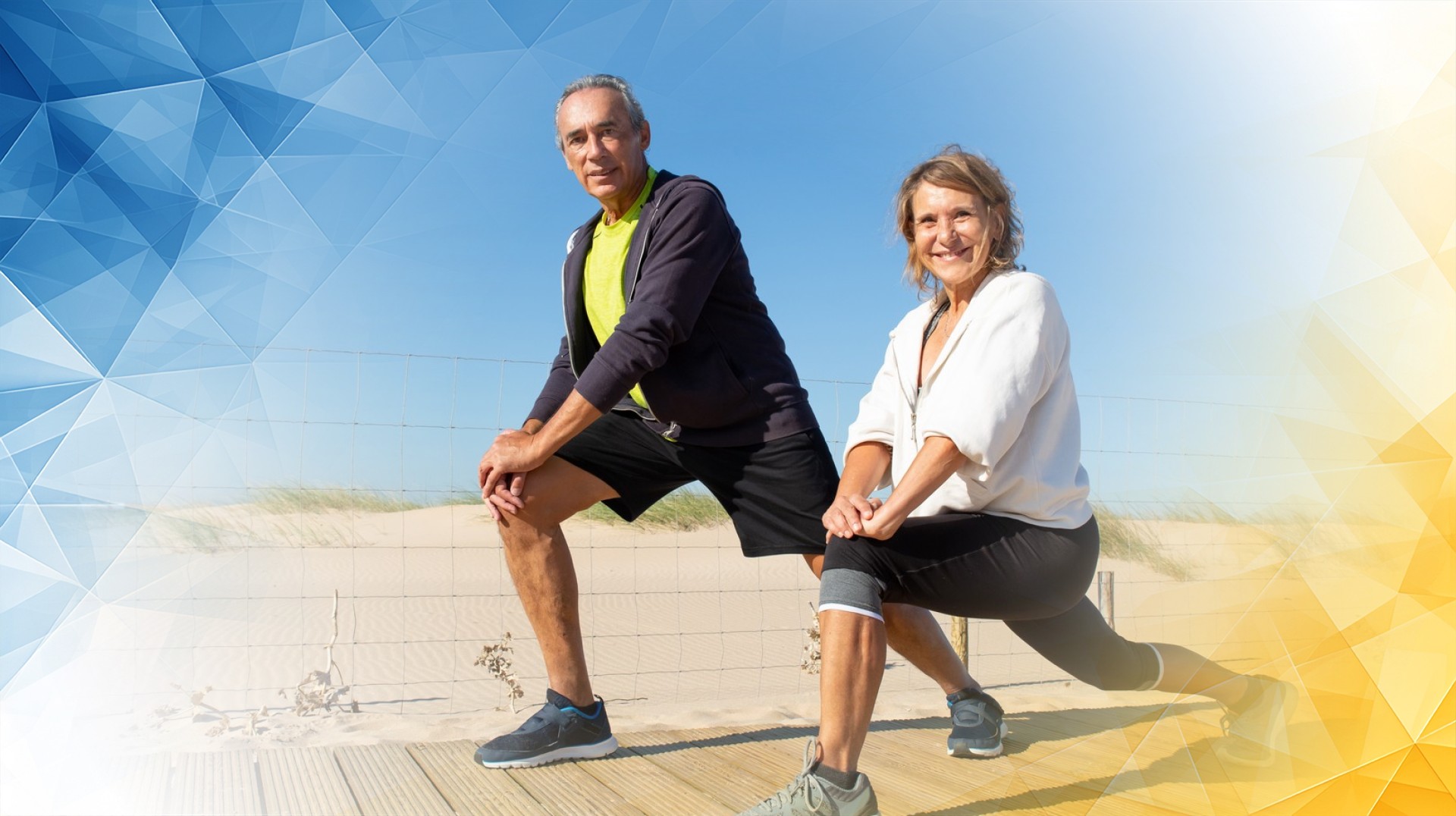



Hip pain is a frequent and often frustrating challenge for many pregnant women, especially when it disrupts sleep. While sleeping on your side is generally recommended during pregnancy to improve blood flow and support your baby, this position can sometimes make hip discomfort worse. In this article, we’ll explore how side sleeping affects hip pain during pregnancy by examining the body mechanics involved and the crucial role that sleep quality plays in managing pain.
Pregnancy brings many changes to your body, and some of these can set the stage for hip pain. Hormones released during pregnancy help loosen your joints to prepare for childbirth, but this can also make your hips feel less stable. As your baby grows, the extra weight and shifting posture put increased stress on your hip joints. This combination often leads to aching, stiffness, or even sharp pain—especially during the third trimester. Many women find their hip pain becomes more noticeable when sleeping on their side. To make matters worse, research shows that joint instability or underlying hip conditions can negatively impact both comfort and sleep quality during pregnancy.
While side sleeping is often recommended and comes naturally to many, it can put uneven pressure on your hips. When you lie on your side, your body weight presses down on the hip next to the mattress, sometimes causing the joint to shift or the surrounding muscles to tense up. For pregnant women—who already have looser joints and increased weight—this added pressure can intensify hip pain. Studies suggest that nighttime body position can increase hip stress , leading to more discomfort and restless sleep. As hip discomfort worsens, sleep can become more fragmented, creating a frustrating cycle of pain and poor rest.
Sleep and pain are closely linked. If you’re constantly waking up or tossing and turning because of hip pain , you’re likely to feel even more uncomfortable the next day. This creates a cycle: pain disrupts sleep, and poor-quality sleep makes pain more difficult to manage. Research has confirmed that lower sleep quality is associated with greater hip pain in pregnancy. That’s why tackling hip pain is essential—not just for your immediate comfort, but for the restorative sleep your body needs while you’re expecting.
If sleeping on your side is your favorite—or only comfortable—option during pregnancy, there are simple ways to make it easier on your hips:
These small adjustments have helped many pregnant women find relief from hip pain and get a better night’s sleep.
Beyond adjusting your sleep position, you can try other strategies for reducing hip pain:
Be sure to talk to your healthcare provider before starting any new exercise or treatment plan to make sure it’s safe for both you and your baby. Many studies support these approaches as effective ways to manage hip pain during pregnancy.
Hip pain is a common experience during pregnancy, particularly for those who prefer to sleep on their side. But with a better understanding of how sleep positions and quality play a role, you can take steps to find relief. By making small adjustments to your sleep environment and daily routine—and seeking professional advice when needed—you can improve your comfort and enjoy better rest as your pregnancy progresses. With the right care and strategies, side sleeping can continue to be a safe and comfortable choice for you and your baby.
All our treatments are selected to help patients achieve the best possible outcomes and return to the quality of life they deserve. Get in touch if you have any questions.
At London Cartilage Clinic, we are constantly staying up-to-date on the latest treatment options for knee injuries and ongoing knee health issues. As a result, our patients have access to the best equipment, techniques, and expertise in the field, whether it’s for cartilage repair, regeneration, or replacement.
For the best in patient care and cartilage knowledge, contact London Cartilage Clinic today.
At London Cartilage Clinic, our team has spent years gaining an in-depth understanding of human biology and the skills necessary to provide a wide range of cartilage treatments. It’s our mission to administer comprehensive care through innovative solutions targeted at key areas, including cartilage injuries. During an initial consultation, one of our medical professionals will establish which path forward is best for you.
Contact us if you have any questions about the various treatment methods on offer.
Legal & Medical Disclaimer
This article is written by an independent contributor and reflects their own views and experience, not necessarily those of londoncartilage.com. It is provided for general information and education only and does not constitute medical advice, diagnosis, or treatment.
Always seek personalised advice from a qualified healthcare professional before making decisions about your health. londoncartilage.com accepts no responsibility for errors, omissions, third-party content, or any loss, damage, or injury arising from reliance on this material. If you believe this article contains inaccurate or infringing content, please contact us at [email protected].